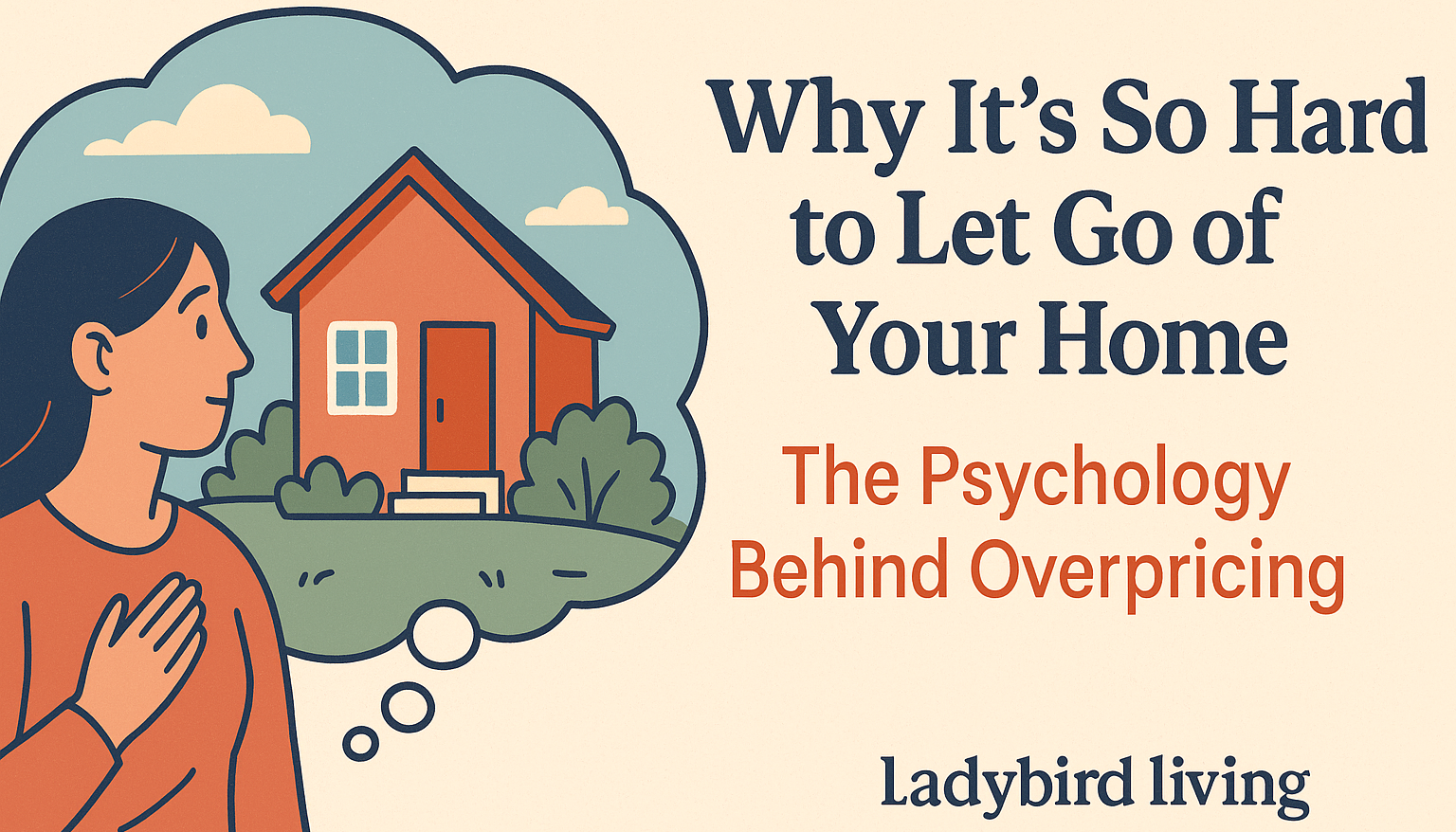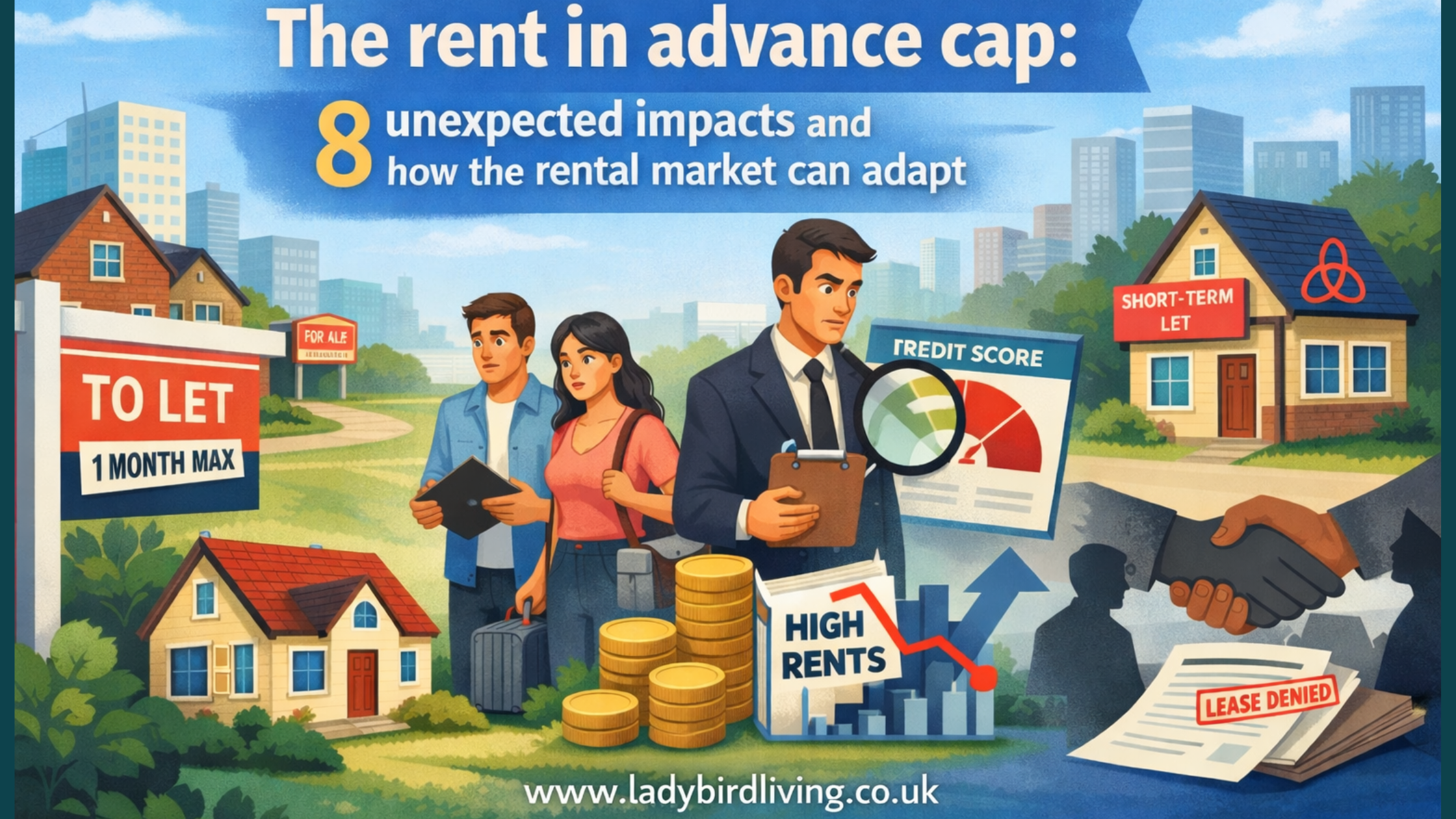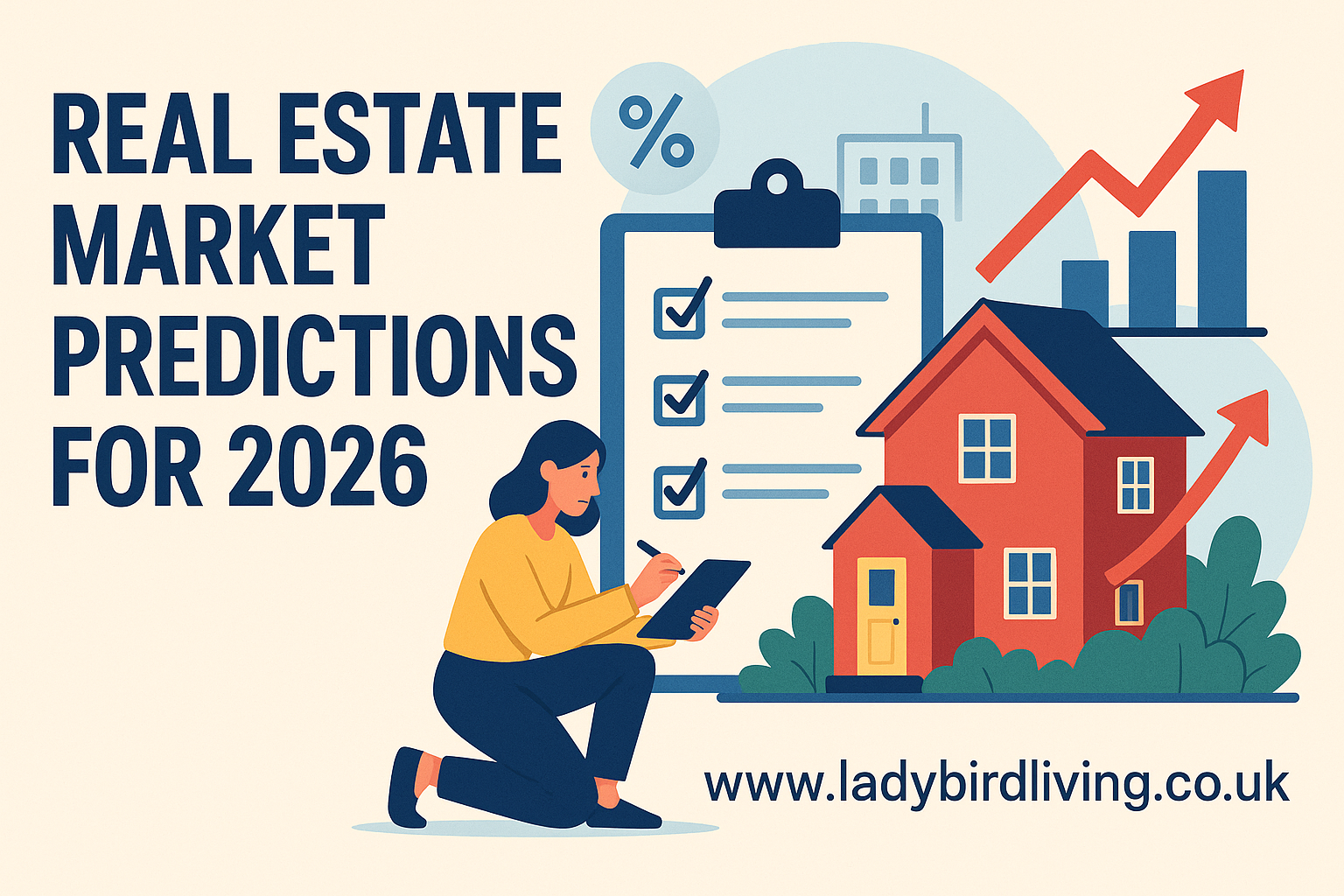
Why It’s So Hard to Let Go of Your Home: The Psychology Behind Overpricing
Selling your home isn’t just a financial decision — it’s an emotional one. That’s why so many homeowners struggle to accept an offer that’s “too low,” even when it’s fair. Psychologists have a name for this: the Endowment Effect: our natural tendency to value things more simply because they’re ours. And when it comes to property, that effect runs deep.
What Is the Endowment Effect?
Imagine trying to sell a beloved old sofa. You know it’s worn, but it’s your sofa. That sentimental pull makes you believe it’s worth more than buyers see. In real estate, the same bias makes many sellers overvalue their homes. We don’t just see a building, we see the birthdays, the late-night talks, the memories in every corner.
Why It Happens
The Endowment Effect is rooted in emotion, identity, and loss aversion:
- Emotional attachment: Homes hold stories. Letting go feels personal.
- Identity link: Your home reflects who you are — your taste, your hard work, your life stage.
- Fear of loss: Psychologically, losing something you own feels twice as painful as gaining something new.
How It Affects Your Sale
This bias can quietly shape decisions without you realising it:
- You might set your asking price too high, thinking buyers “will see the value.”
- You might reject early offers, assuming “better ones will come.”
- You might feel offended by feedback that doesn’t match your emotional view.
The result? Your home can sit on the market longer, lose momentum, and eventually sell for less.
How to See Your Home Through Buyers’ Eyes
Here’s how to bring a little objectivity back into the process:
- Ask for multiple valuations. Don’t rely on one opinion – get a realistic range.
- Look at comparable homes: What are buyers actually paying, not just listing for?
- Stage neutrally. Depersonalise the space so others can imagine their lives there.
- Remember: it’s business, not betrayal. You’re not selling your memories — just the walls that held them.
Final Thoughts
Selling a home you love is emotional — and that’s okay. But understanding the psychology behind your decisions helps you make clearer, calmer choices. If you ever feel torn between what your heart says and what the market says, know that you’re not alone and that’s exactly where a good agent can help bridge the gap.
At Ladybird Living, we understand that selling your home isn’t just about numbers — it’s about feelings, memories, and new beginnings. If you’re thinking about selling, we’d love to help you navigate the process with empathy and expertise. Get your free home consultation → Instant valuation
T: +44 (0)203 488 1488
Recent Posts






